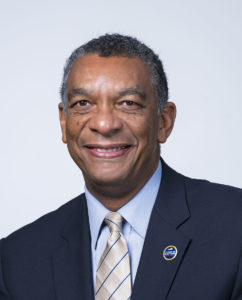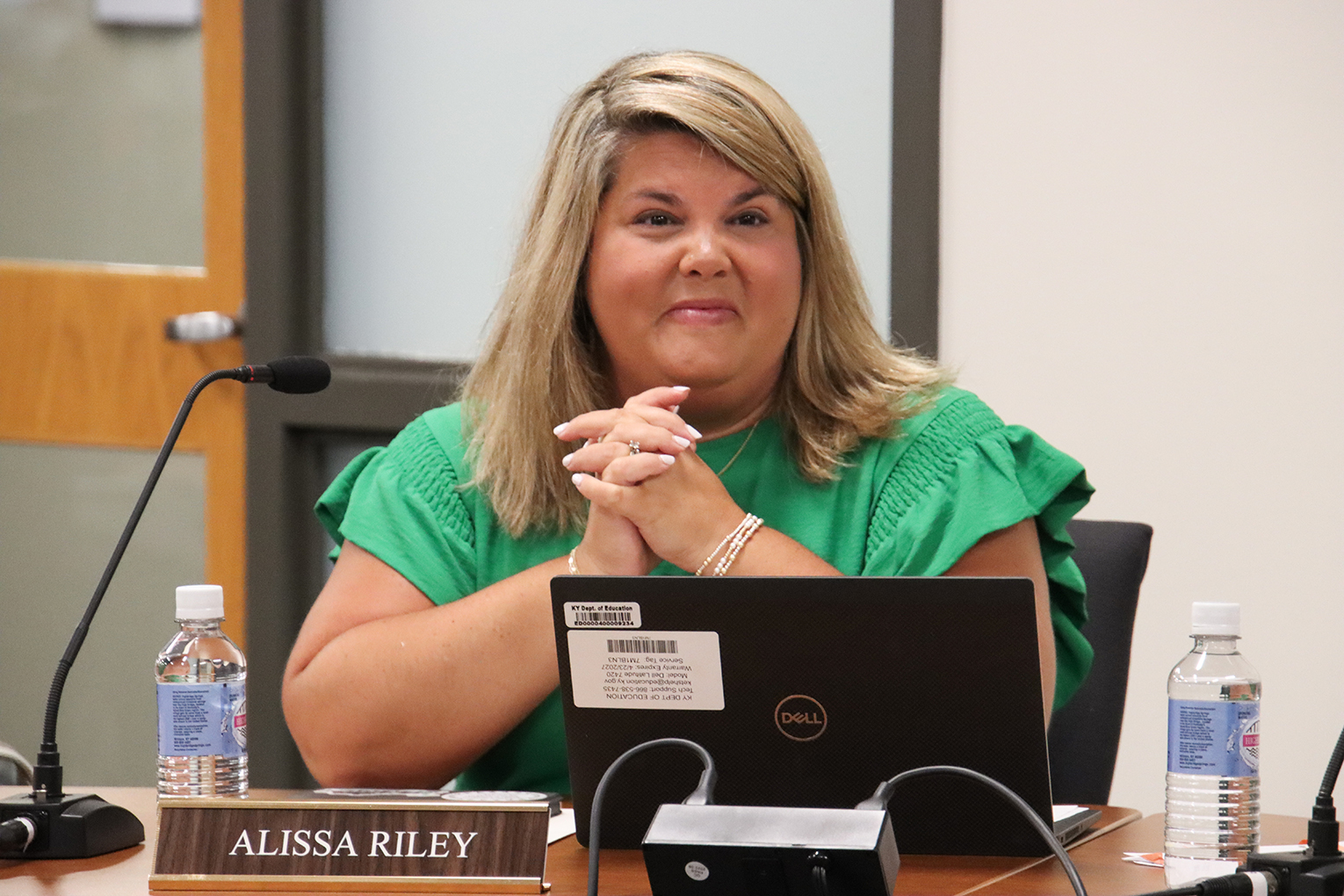
Aaron Thompson
Every February, we celebrate Black History Month because of the efforts of a Berea College graduate, Carter G. Woodson. Woodson was a prominent African American scholar and historian who started his higher education career as a part-time student at Berea. From there, he went on to receive degrees from the University of Chicago and, in 1912, a doctorate from Harvard University, only the second person of color to do so.
Woodson launched America’s first “Negro History Week” in 1926 to bring attention to important people and events in black history. He selected the second week of February to coincide with the birthdays of Abraham Lincoln and Frederick Douglass, instrumental figures in the fight to end slavery. In 1970, black educators and students at Kent State extended the week to a month, a practice soon replicated by other universities. In 1976, President Gerald Ford officially designated February as Black History Month.
Perhaps it’s no surprise that Black History Month had its roots in higher education, an enterprise dedicated to the advancement of individuals, cultures and societies. However, Berea College’s significant role in black history may come as a surprise to people outside the region.
John Gregg Fee founded Berea College as a one-room school and church in 1855. The son of a slaveholder, Fee’s study of Christianity eventually led him to reject not only slavery, but any form of discrimination on the basis of race, gender or class. By 1865, Berea College was the first racially integrated, coeducational college in the South, serving equal numbers of black and white students until the Kentucky legislature passed the Day Law in 1904, forcing school segregation.
In recent years, Kentucky’s higher education system has become much more diverse and inclusive. Thanks to tremendous efforts from our campuses, minority credentials are up 31% over the last five years, compared to an overall increase of 17%. But we have not fully recovered from decades of de jure segregation. We must do more to ensure Kentuckians of color have equitable access to our institutions and enjoy equitable rates of success.
During Black History Month, I urge you to mind the gaps:
- The college-going rate of black students in Kentucky is 46%, compared to the overall rate of 53%, a seven-point difference.
- The first-year to second-year retention rate at Kentucky public colleges and universities is 59.6% for minority students and 68.9% for non-minority students, a nine-point difference.
- The six-year graduation rate at public universities is 43.4% for minority students and 57.3% for non-minority students, a 14-point difference.
- The three-year graduation rate at the Kentucky Community and Technical College System is 22.6% for minority students and 35.9% for non-minority students, a 13-point difference.
As president of the Council on Postsecondary Education, I am committed to advancing research-based strategies proven to close achievement gaps. The council has implemented a diversity policy requiring campuses to enroll and graduate more minority and low-income students. If campuses fail to make satisfactory progress toward annual objectives and targets outlined in their campus plans, they are unable to add new academic programs.
The council is developing cultural competency training for faculty and staff to increase their understanding and appreciation of cultural differences and norms. We are providing leadership training to help minority faculty members ascend to high-level administrative positions. All of these efforts, and more, are paying off.
This February, I encourage Kentucky educators to examine your campus climate and improve the cultural competence of students and school personnel. Narrow achievement gaps by enhancing advising, tutoring, and mentoring programs. Use data and analytics to identify when students are most at-risk of dropping out and time interventions accordingly. Begin talking about college earlier and more often. Only when we eradicate educational achievement gaps will we achieve the aims of historic Berea College and one of its most celebrated alumnae, Carter G. Woodson.
Aaron Thompson is president of the Kentucky Council on Postsecondary Education. He also is an ex officio member of the Kentucky Board of Education.



Leave A Comment